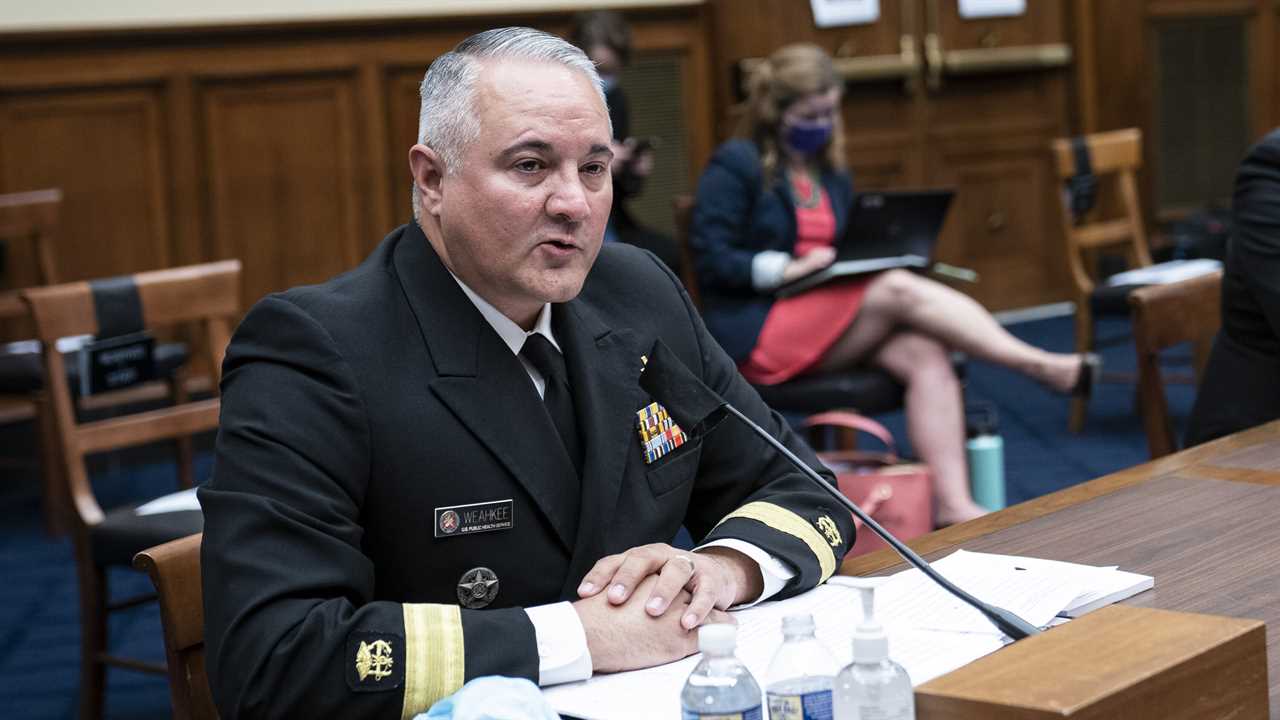
The director of the Indian Health Service has said that he will resign, giving President-elect Joseph R. Biden Jr. a chance to install new leadership at an agency that has drawn intense criticism for its failures to provide adequate care to tribal communities both before and during the pandemic.
The director, Rear Adm. Michael Weahkee, a member of the native Zuni Tribe who has been in the job since April after leading the agency on an interim basis since 2017, said in a letter this week that his resignation would be effective Jan. 20.
“It has been a sincere honor to have been entrusted to serve in this role,” he said in the letter, noting that his departure was typical during presidential transitions. “I believe the I.H.S. is more capable now than ever before of fulfilling our vision of healthy communities and quality health care systems through strong partnerships and culturally responsive practices.”
Admiral Weahkee has overseen a health care agency that critics say has been routinely neglected by Congress and successive administrations. It is riddled with vacancies across its hospital system and has left the Native American communities it served with some of the worst health outcomes in the country.
The Indian Health Service consists of 26 hospitals, 56 health centers and 32 health stations and provides care to 2.2 million members of the nation’s tribal communities. The hospitals, scattered across a dozen regions in the country, range in size from four beds to 133.
The service has long faced shortages of funding and supplies, but the pandemic brought those disparities to the fore, contributing to the disproportionally high infection and death rates among Native Americans.
Abigail Echo-Hawk, the director of the Urban Indian Health Institute, said that the Biden administration had the chance to appoint someone who could address those weaknesses. Native American voters, Ms. Echo-Hawk said, helped swing key states in favor of Mr. Biden.
“The rest of the country needs to know that the Indian Health Service has been failing us and previous administrations have failed us,” Ms. Echo-Hawk said. “The Biden administration has the opportunity to bring in someone who is given the support needed to make innovative changes.”
Jonathan Nez, the president of the Navajo Nation, said the Indian Health Service under Admiral Weahkee did the best it could with the limited resources it was given. Mr. Nez said he was confident the incoming administration would work to address the agency’s funding and infrastructure challenges.
The Navajo Nation, which includes parts of Arizona, New Mexico and Utah, was particularly hard hit by the coronavirus. At one point, its per capita death rate surpassed New York’s. The nation has recorded 25,746 total cases and 879 deaths from the virus, according to the Navajo Department of Health.
Did you miss our previous article...
https://trendinginthenews.com/usa-politics/after-2-impeachments-giuliani-vows-to-continue-his-craziness-for-trump






